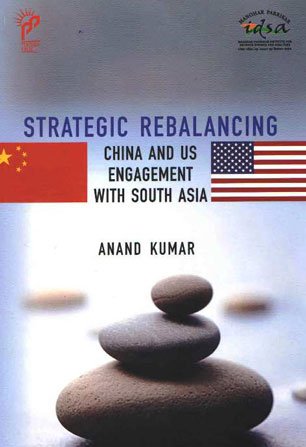Pakistan’s Approach to Kashmir Since the Lahore Agreement:Is There Any Change?
In Lahore, in 1999, Pakistan dropped its 'Kashmir first' approach and agreed to discuss it with India along with other issues. Later, under Musharraf, there was an offer to move beyond UN resolutions and adopt a four-step approach to resolve the Kashmir issue. Musharraf's proposals were taken seriously and widely hailed as a sign of flexibility and pragmatism from the Pakistani side. This paper critically analyses these approaches since Lahore and argues that they were occasioned by the changing global political context and that they were more apparent than real.
- Ashok K. Behuria
- May 2009
















